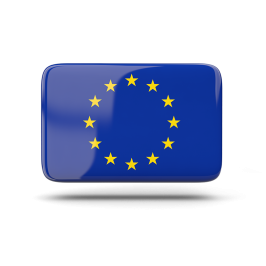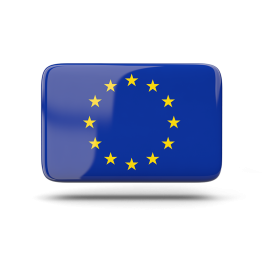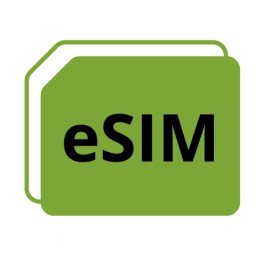Navigating WiFi and Phone Use in Europe: Maximizing Your Connectivity
In this era of digital connectivity, access to WiFi and mobile services has become as crucial to the travel experience as a comfortable pair of walking shoes. Whether it's for navigating ancient city streets, translating a local menu, or sharing moments with friends and family back home, staying connected has transformed how we explore new destinations.
This guide delves into the essentials of WiFi and phone use across Europe, offering insights and tips to ensure you remain connected efficiently and affordably. From leveraging public WiFi hotspots to choosing the best mobile data options, we cover everything you need to know about maximizing your connectivity. Prepare to embark on a journey through Europe, armed with the knowledge to keep you connected every step of the way.
WiFi Access Across Europe

Europe's landscape is generously dotted with WiFi hotspots, from bustling city squares to quiet, tucked-away cafes. This connectivity fabric is crucial for both locals and travelers, enabling easy access to information, navigation aids, and communication tools. The advent of city-wide free WiFi in destinations like Riga and Paris has set a precedent, encouraging other cities to follow suit and offer similar conveniences to their visitors.
Public spaces, including parks, libraries, and public transport systems, often provide free WiFi access, making it easier for tourists to stay connected without dipping into their data plans. This widespread availability is a boon for those reliant on internet access for daily activities, such as booking tours, reserving restaurant tables, or simply staying in touch with loved ones back home.
Accommodations across Europe have also recognized the importance of internet access, with the vast majority offering free WiFi to their guests. This amenity is now as expected as hot water or clean linens, reflecting the modern traveler's priorities. Hotels, hostels, and even vacation rentals compete on the quality and reliability of their internet services, understanding that a strong, stable connection can significantly enhance the guest experience.
Cafes and restaurants, particularly those targeting a younger, more tech-savvy demographic, frequently advertise their free WiFi services. International chains like Starbucks and McDonald's are reliable sources of free internet, but many local establishments also offer this perk to attract customers. It's common practice for patrons to request the WiFi password upon ordering, integrating the digital experience with the culinary one.
However, the convenience of readily available WiFi comes with a caveat regarding security. Travelers are advised to use public networks cautiously, avoiding sensitive transactions like online banking unless through a secured connection, such as a VPN (Virtual Private Network). VPNs encrypt data, providing a safe tunnel for online activities and protecting users from potential cyber threats prevalent in public networks.
Moreover, the quality of WiFi connections can vary significantly. While some hotspots offer high-speed internet capable of supporting video calls and streaming services, others may only suffice for basic browsing and messaging. This variability necessitates a degree of flexibility and patience from users, especially in high-traffic areas where bandwidth is shared among many users.
WiFi accessibility in Europe significantly contributes to the continent's appeal as a travel destination. The blend of widespread availability, efforts towards city-wide free access, and the hospitality sector's commitment to providing this essential service reflects Europe's recognition of the internet as an integral part of modern life. Travelers can largely rely on finding a connection, with a little preparation and awareness ensuring their online activities remain secure and satisfying.
Choosing the Best Mobile Data Options in Europe
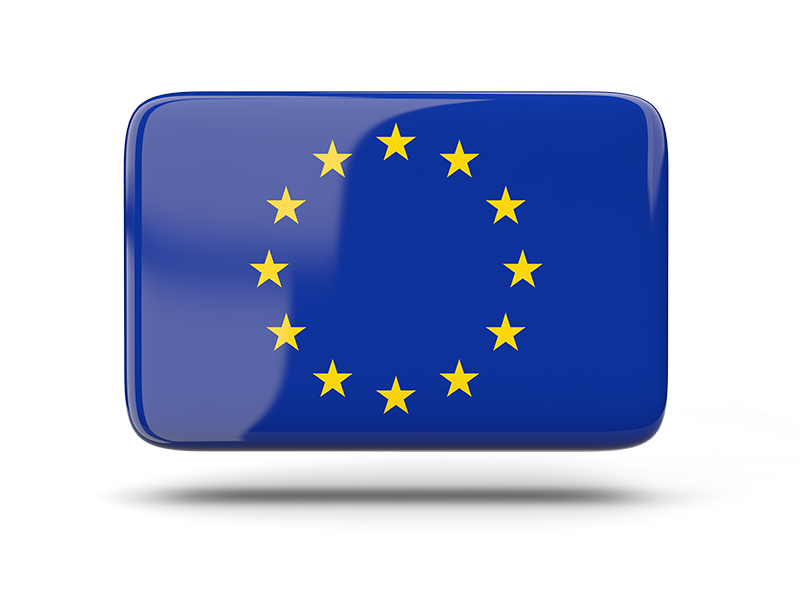
Navigating mobile data options in Europe can significantly impact your travel experience, offering a blend of convenience and cost-efficiency. The landscape of mobile connectivity across the continent has evolved, especially with the European Union's pivotal decision to eliminate roaming charges for its residents. This move has not only simplified mobile use within the EU but also presented tangible financial benefits, allowing travelers to use their domestic plans without incurring additional costs while roaming across member states. This policy underscores the EU's commitment to a unified digital market, enhancing the mobility of its citizens.
For travelers from outside the EU or those visiting European countries not part of the EU, the decision between using international roaming or purchasing a local SIM card becomes crucial. International roaming, while convenient, can be prohibitively expensive, with rates for data, calls, and texts that can quickly add up. In contrast, local SIM cards offer a more economical alternative, providing access to the same services at local rates. The advantages of opting for a local SIM card include not only lower costs but also higher data allowances, making it an attractive option for travelers needing extensive internet access.
However, before purchasing a European SIM card, there are several preparation steps to consider. Firstly, ensure your phone is unlocked, meaning it can operate on networks other than your home carrier's. This is a common requirement for using a foreign SIM card and involves contacting your current provider to unlock the device, a process that varies in complexity and cost depending on the carrier and the terms of your contract.
Additionally, it's important to verify the compatibility of your phone with European networks. Europe primarily uses the GSM network standard, which is compatible with most modern smartphones, but it's wise to confirm this before your trip. Once in Europe, purchasing a SIM card is straightforward, with options available at airports, mobile phone shops, and sometimes even vending machines. Choosing a plan that suits your data needs and travel itinerary is key, as offerings vary in terms of data allowance, call minutes, and validity period.
Choosing the right mobile data option in Europe requires a balance between convenience and cost. For EU residents, the abolition of roaming charges offers a seamless way to stay connected. For visitors from outside the EU, local SIM cards present a cost-effective solution, provided the necessary preparations are made to ensure phone compatibility and network access. By navigating these options wisely, travelers can enjoy uninterrupted connectivity throughout their European journey.
Managing Roaming Charges and Selecting International Plans

Navigating the complexities of roaming charges and international plans is crucial for travelers seeking to use their mobile phones in Europe without facing exorbitant costs. Understanding these fees and knowing how to choose the right plan can significantly impact your travel budget and connectivity experience.
Roaming charges are fees that mobile providers charge for using your phone network outside your home country. These can quickly accumulate when making calls, sending texts, or using data abroad. However, the European Union's regulation to abolish roaming charges for EU citizens traveling within the EU has dramatically changed the landscape, allowing for more seamless and cost-effective mobile use across member states. For travelers from outside the EU or visiting European countries not part of the EU, it's essential to check with your mobile provider about international roaming charges before departure.
Many mobile operators offer international roaming plans designed for travelers. These plans can vary significantly in terms of cost, data allowance, and coverage area. It's advisable to compare these plans not only among your home country's providers but also consider purchasing a local SIM card if staying in a particular country for an extended period. Local SIM cards often offer more competitive rates for data and calls within that country and can be a more economical choice for travelers.
To minimize data usage while roaming, consider downloading maps, translation apps, and travel guides for offline use before leaving your home country. Additionally, take advantage of WiFi whenever possible for data-intensive activities like streaming video or uploading photos. This approach helps conserve your mobile data for essential tasks while on the move.
Another critical aspect to consider is the compatibility of your phone with European networks. Most European countries use GSM network technology, so ensure your device is GSM-compatible and unlocked to accept a foreign SIM card. This preparation step is vital for those opting to switch to a local SIM card upon arrival.
Managing roaming charges and selecting the right international plan require a bit of research and planning but can lead to significant savings and a more connected travel experience in Europe. By understanding the options available and making informed choices, travelers can enjoy the convenience of mobile connectivity without the fear of unexpected bills.
Exploring Alternative Communication Strategies

In today's interconnected world, staying in touch while traveling in Europe doesn't solely rely on traditional mobile networks or worrying about roaming charges. Alternative communication methods have emerged, offering travelers cost-effective and versatile options to remain connected.
Messaging Apps and Social Media: The ubiquity of smartphones has made messaging apps and social media platforms indispensable tools for communication. Apps like WhatsApp, Facebook Messenger, and Telegram provide free messaging, voice, and video calls over WiFi. These platforms have become a popular choice for travelers, allowing them to communicate with family and friends globally without incurring additional costs. The only requirement is a stable internet connection, which can be accessed through public WiFi, accommodations, or cafes across Europe.
Portable WiFi Devices: For those requiring a constant and secure internet connection, renting a portable WiFi device, or a 'pocket WiFi,' is an excellent solution. These compact gadgets offer a personal hotspot that you can carry in your pocket, providing WiFi access wherever you go. This option is particularly appealing for groups or families, as multiple devices can connect to a single pocket WiFi, ensuring everyone stays online. Rental services are available at airports, online, or through travel agencies, offering various plans to suit different data needs and travel durations.
VPN Services: Utilizing a Virtual Private Network (VPN) service while traveling enhances security and privacy, especially when connected to public WiFi networks. A VPN encrypts your internet traffic, protecting your data from potential cyber threats. Additionally, it allows you to bypass geo-restrictions, enabling access to content and services from your home country that might be unavailable abroad.
Renting Smartphones: In situations where your mobile phone is incompatible with European networks or you prefer not to use your primary device, renting a smartphone is a viable option. Rental services provide phones that are already set up for use in Europe, including SIM cards with preloaded data plans. This option offers convenience and peace of mind, knowing you have a device that works seamlessly, allowing you to focus on enjoying your travels.
Adopting these alternative communication strategies can significantly enhance your travel experience in Europe. By leveraging technology and services designed for mobility and security, travelers can enjoy seamless connectivity without the traditional constraints of roaming charges and network compatibility.
Essential Tips for Efficient Phone Use in Europe
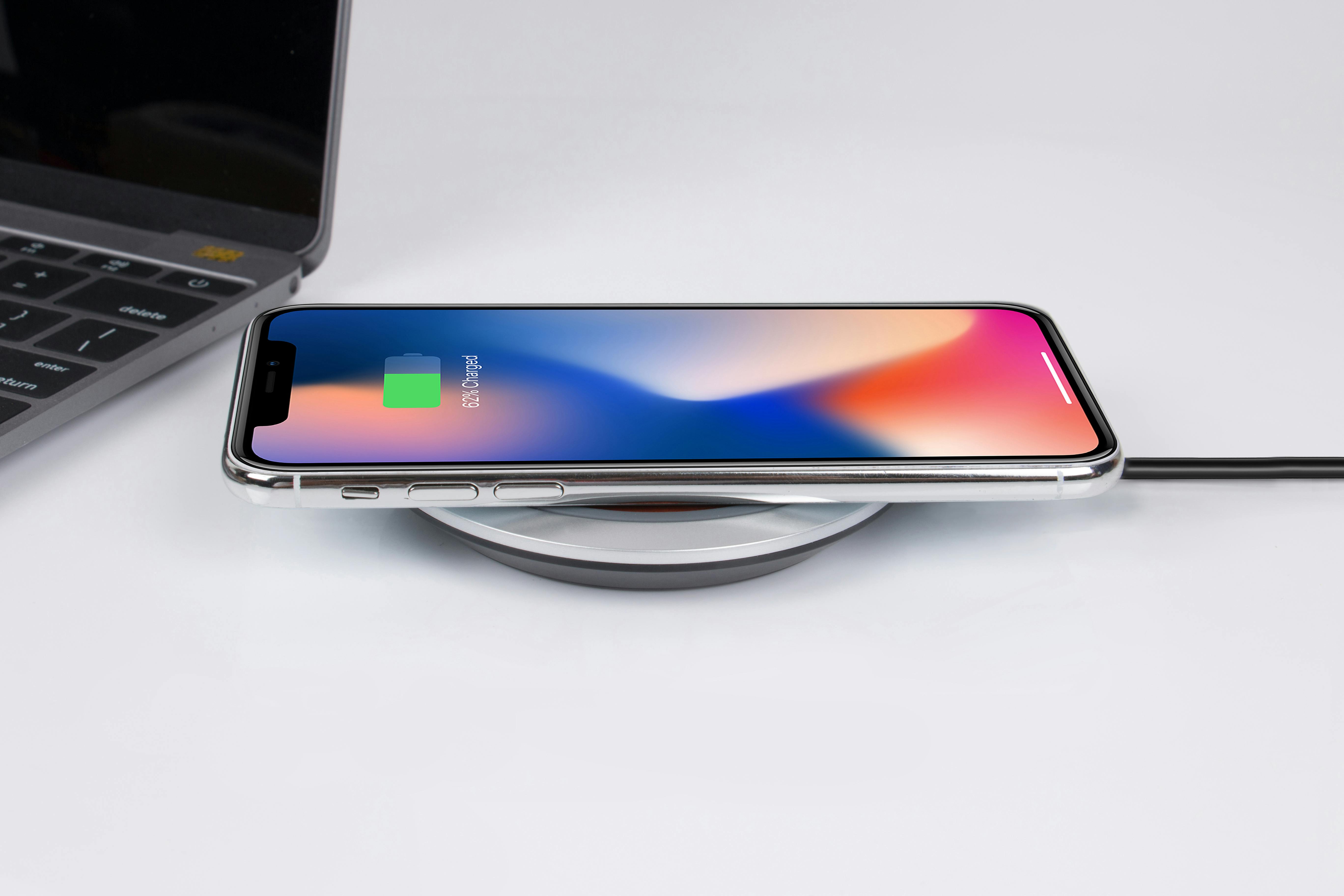
Efficient phone use while traveling in Europe goes beyond staying connected; it involves optimizing your device for travel, understanding local etiquette, and being prepared for emergencies. Here are some practical tips to ensure your mobile experience is both enjoyable and hassle-free.
Optimizing Battery Life: Extensive phone use, especially for navigation and photography, can drain your battery quickly. To extend battery life, consider carrying a portable charger or power bank. Additionally, enable battery-saving modes and close unnecessary apps running in the background. Adjusting screen brightness and turning off location services when not in use can also conserve power.
Charging Stations: Airports, cafes, and public libraries often provide charging stations. However, it's crucial to have the correct type of adapter for European outlets. Europe primarily uses two types of power sockets, types C and F, so a universal travel adapter is a wise investment.
Cultural Etiquette and Legal Considerations: Be mindful of local customs and regulations regarding phone use. In some European countries, talking loudly on the phone in public places is frowned upon. Additionally, using phones while driving without a hands-free setup is illegal in many European jurisdictions and can result in hefty fines.
Emergency Numbers: Familiarize yourself with the local emergency numbers. The universal emergency number in the European Union is 112, which can be dialed free of charge from any phone, including mobiles without a SIM card.
Having this number saved or memorized can be crucial in unexpected situations.
In-flight WiFi: For those traveling by air, take advantage of in-flight WiFi services offered by many European airlines. While some airlines provide this service for free, others may charge a fee. In-flight WiFi is perfect for sending quick updates to family and friends or finalizing travel plans while en route to your destination.
By following these tips, travelers can navigate Europe with their phones more effectively, ensuring a smooth and enjoyable journey.
Conclusion: Navigating WiFi and Phone Use in Europe
Planning for connectivity is essential for a smooth European travel experience, reflecting the shift towards internet access as a daily necessity. By preparing in advance, travelers can navigate Europe effortlessly, staying connected, informed, and respectful of local norms, ensuring a fulfilling and hassle-free journey.
Stay connected effortlessly across the globe with our Unlimited European Data Plans – your seamless solution for global internet access.
Further Reading
- Guide to Using Your Phone Overseas - This guide offers comprehensive insights into using mobile phones abroad, covering everything from unlocking phones to understanding roaming charges. Read more.
- Best VPN Services for Travelers - Reviews and comparisons of VPN services that are beneficial for travelers looking to secure their internet connection and access geo-restricted content. Read more.


